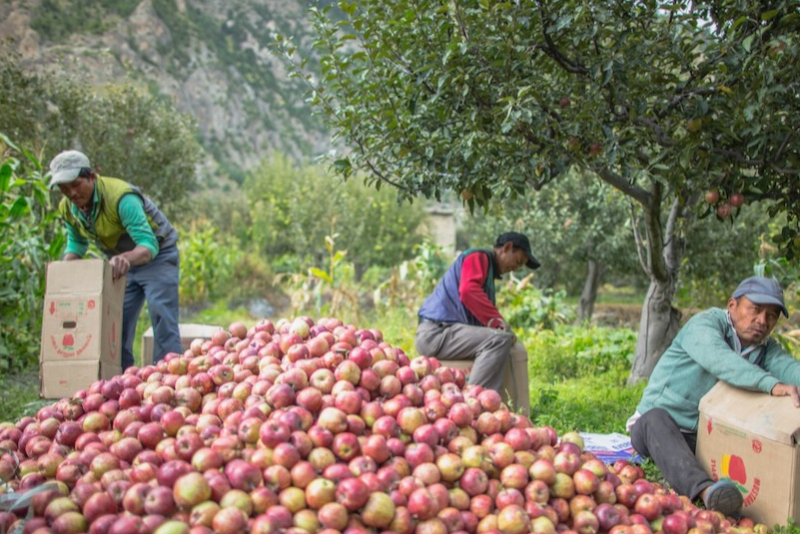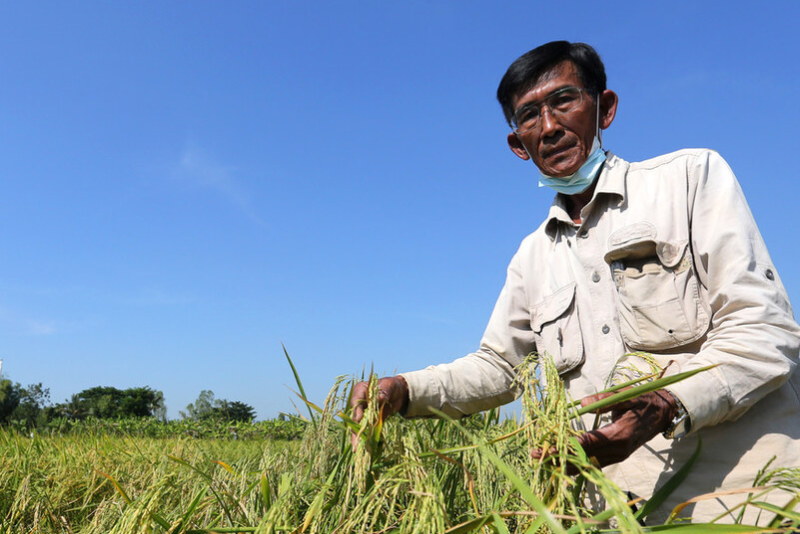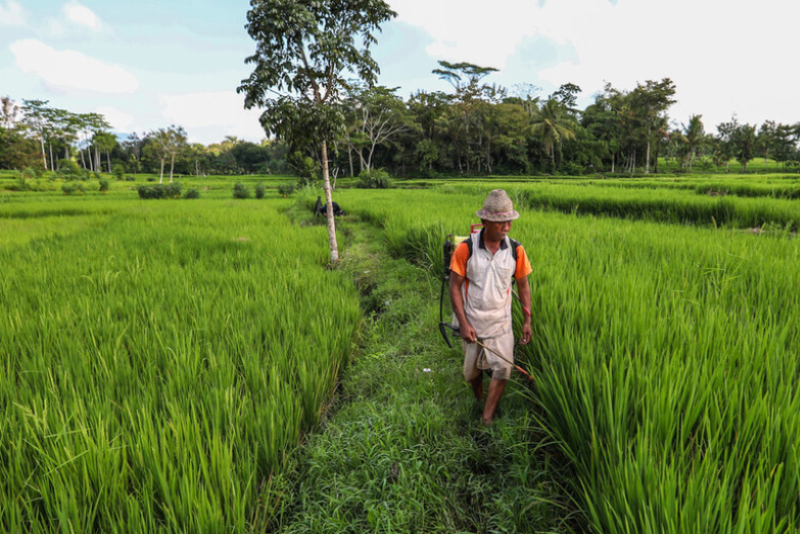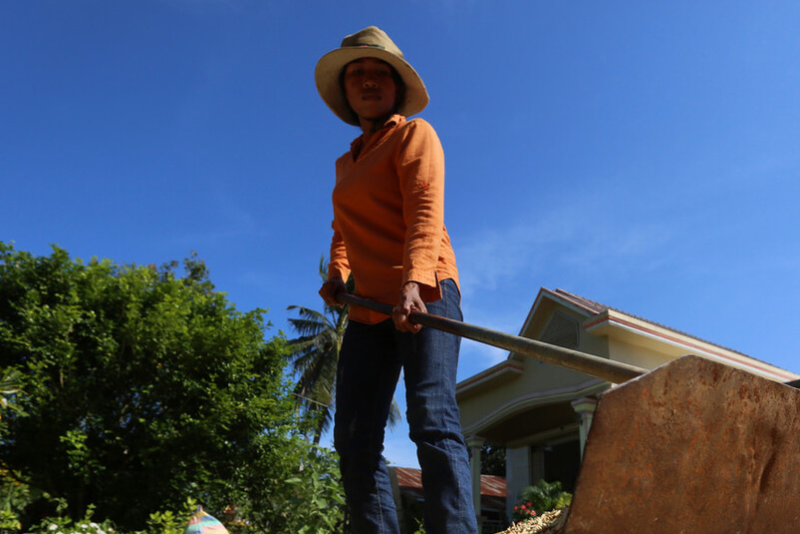The Global Agriculture and Food Security Program (GAFSP), established in 2009, is an intermediary fund designed to support strategic agriculture and food security investments. This global initiative aims to help developing countries achieve food security and increased income, provide multisector investments to fill national and regional financing gaps in food security strategies, and scale up promising agricultural technologies.
Specifically, GAFSP’s public sector funding window assists strategic country or regional programs arising from sector-wide country or regional consultations. The private sector window provides long- and short-term loans, credit guarantees, and equity to support private sector activities for improving agricultural development and food security.
In 2022, GAFSP supported Nepal in increasing agricultural income of approximately 40,000 farm households in 100 municipalities in hilly areas of five provinces through a $9 million grant. GAFSP also supported Cambodia in helping farmers in the largest rice-producing provinces to increase production and efficiency along the rice value chain and scale up selected activities to expedite recovery from the COVID-19 pandemic through a $3.8 million grant.
News
The Asian Development Bank approved $70 million of financing to improve the livelihood and climate resilience of horticulture farmers in the hilly areas of five provinces in Nepal. The project will boost the productivity of 30,000 farmer households through the development of around 10,000 hectares of climate-resilient fruit and nut orchard. Partial grants will be provided to farmer groups and cooperatives to shoulder investment costs. The beneficiaries, represented by at least 30% women and 20% from disadvantaged groups, will be trained in climate change adaptation practices.
The Asian Development Bank approved two grants totaling $6.8 million to help revive tourism in Cambodia, boost the country’s rice quality and production, and repair the rice supply chain damaged by the COVID-19 pandemic. One grant, at $3.7 million, is expected to benefit 4,000 villagers through the Community-Based Tourism COVID-19 Recovery Project. The other grant, at $3.9 million, will benefit about 22,000 smallholder rice farmers by providing additional financing for the Climate Resilient Rice Commercialization Sector Development Program.





